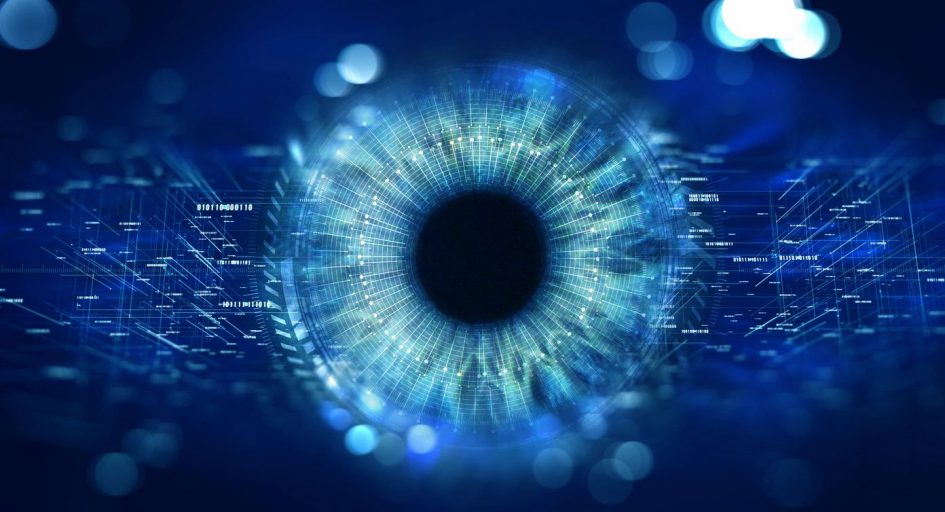Technology is steadily growing. Along the time, one may even foresee the new determinant trends -taking advantage of Internet potential, otherwise said.
What we understand as technical developments is usually a result of the spontaneous order that is attached to social interaction within the market. Nevertheless, changes may be accelerated by specific circumstances.
The COVID-19 crisis, which is not only related to health, has forced families, businesses and institutions to fasten their technological transitions not to loose too much productivity.
Between March and April 2020, home office has “fiercely” swept around the world, regardless the economic sector. For example, software engineering, technical support, architecture, education and law affairs.
All those activities -apart from some other applications that we will address afterwards- cause inevitably wider masses of data (personal information, economic savings and healthcare information). I leads to the emergence of Big Data concept.
What does Big Data really mean?
According to Oracle definition, it is based in «larger, more complex data sets, especially from new data sources [that] are so voluminous that traditional data processing software just can’t manage them. But these massive volumes of data».
Its application fields are very diverse. Among them we may find healthcare, financing and banking, stocks, education, domestic insurance, security services, meteorology, scientific research, traffic tracking, user activity on the Internet and social networking.
Provided that social dependence on the internet is highly likely to continue growing, it may be taken for granted that the data to be shared on the net of networks is meant to be “the new petroleum”. Nevertheless, our analysis should take other important issues into consideration.
Is Big Data becoming really relevant?
Fortune Business Insights expects Big Data to reach a $104.3bn global market on the next six years. It has also found out some key market drivers such as the Internet of Things, the Cloud Computing and the Artificial Intelligence (AI), which is strongly linked to Machine Learning.
On the other hand, there is a huge demand of Data Scientists and specialized analysts and programmers in the IT labor market. To give some examples, in 2017, three out of top 5 IT jobs regarded analytics whereas the Python, an optimum language for Big Data, is the most relevant according to IEEE.
Are there reasons for optimism?
Big Data is seen with interests provided that it may be regarded as a technological advancement. However, there are many moral and political objections as far as there are concerns about civil liberties and privacy of individuals.
As an illustrative attempt, many governments are promoting projects based on mobile apps under the guise of tracking COVID-19 cases and geolocation of likely infected people. In some cases, those institutions are cooperating with private companies.
In the aforementioned case, the preliminary intentions may sound good -the government is looking after society. But in reality it is such a way to exert monitoring on citizens’ movements. Of course, as it is happening in China, Artificial Intelligence may make those tasks easier.
Other Big Data applications might be concerning as well. One of the most common examples is very related to crony capitalism cases. Big businesses and big government do usually cooperate by exchanging data from users. Obviously, the first ones are more interested in “political interests”.
Once said that, should we object to that technological trend? No, provided that data is being used to optimize the services that the user may receive from the Internet. We should not confuse “dedication/servitude to the man” with “coactive and invasive threats”.
Undoubtedly, human flourishing can be realizable by means of technological advances. Engineers and scientists should steadily think about ways to improve productivity and quality of life. Nevertheless, there are some immoral applications that we must disapprove. Attacks to privacy are one of them.
 The Libertarian Catholic
The Libertarian Catholic
















